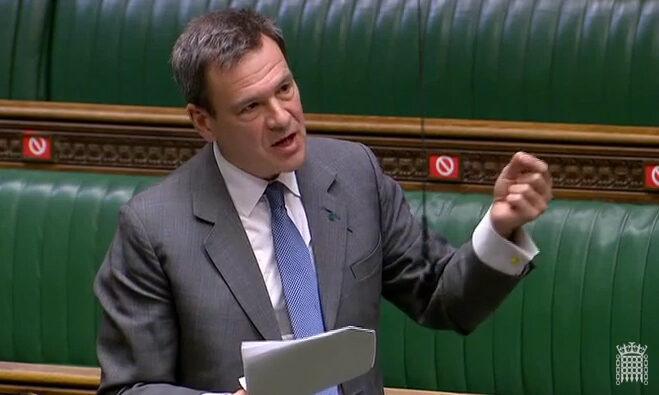The UK needs to create new laws that force agents of “hostile, adversarial, and authoritarian states” to register and disclose their activities in the UK, a new report says.
The report (pdf), published on Wednesday by Conservative MP Bob Seely and foreign policy and national security think tank the Henry Jackson Society, said the UK’s archaic Lobbying Act is not capable of dealing with agents and proxies of foreign states.





